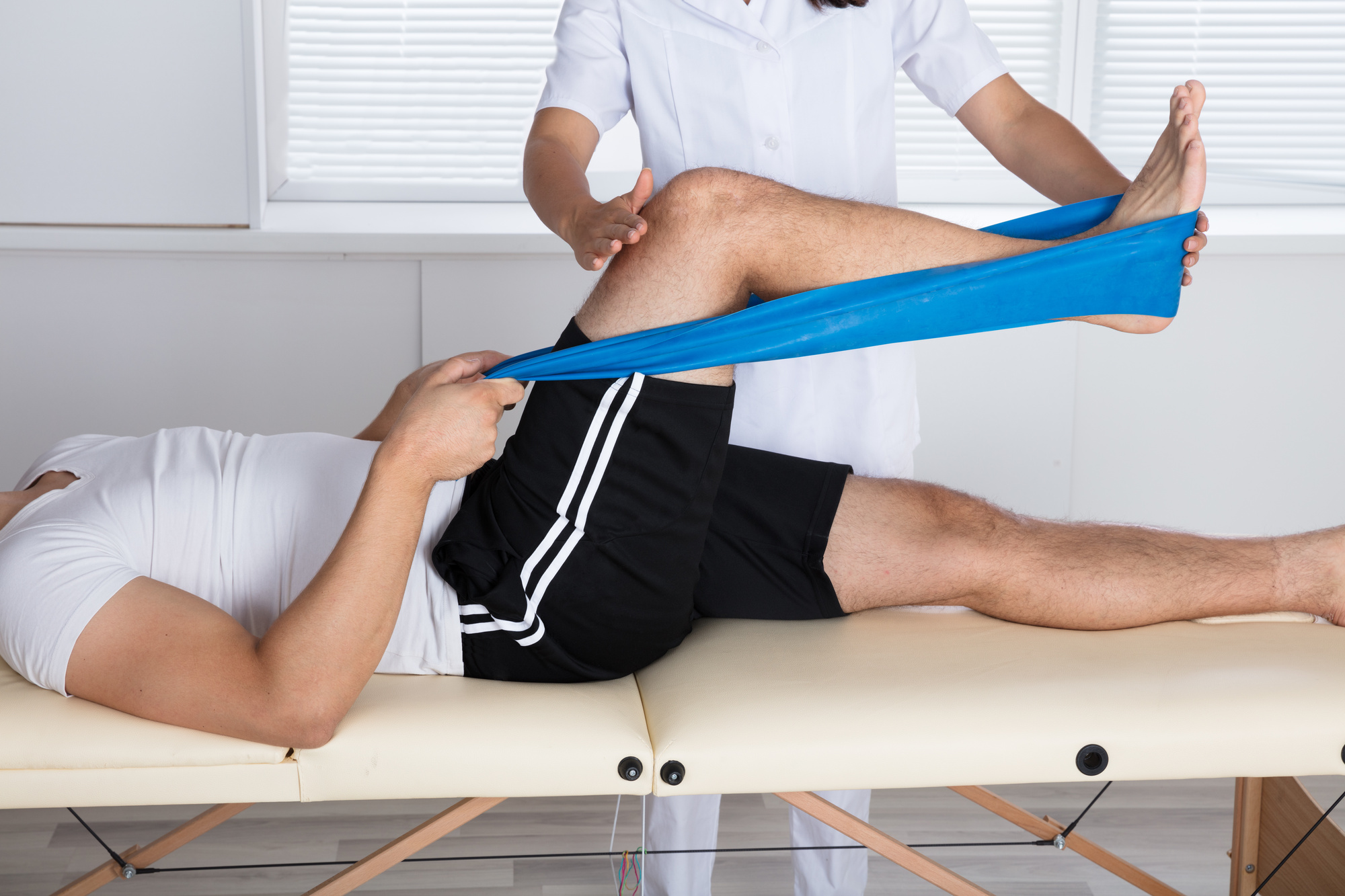One of the key advantages of using FMS in rehabilitation is its ability to identify specific aspects that need improvement. For instance, if a client struggles with squat movements or lunging, it may suggest a lack of flexibility in their hips or ankle joints. This information allows clinicians to formulate personalized exercise programs that highlight correcting these shortcomings. As a result, patients are more likely to recover their strength and ability, which is essential for resuming to daily tasks or sports.

Implementing efficient FMS procedures can also help prevent future harm. Many injuries happen due to inefficient movement patterns or excessive use of certain muscle clusters. By more tips here screening individuals before they begin a recovery program, therapists can detect hazards and implement approaches to minimize them. Educating patients about proper mobility mechanics and strengthening weak aspects can lead to sustained benefits, ensuring that they stay engaged and healthy.
Moreover, the use of FMS can enhance dialogue between healthcare providers and patients. When clients witness their movement patterns assessed and clarified, they gain a better understanding of their rehabilitation journey. This transparency builds confidence and motivates patients to take an active role in their rehabilitation. By engaging patients in their rehabilitation process, they are more likely to adhere to recommended activities and lifestyle changes that promote better results.
In conclusion, enhancing rehabilitation results through effective functional mobility assessment protocols is essential for both clients and healthcare professionals. By accurately assessing mobility more information patterns, clinicians can develop tailored recovery plans that address specific requirements. This not only aids in rehabilitation but also assists prevent future harm. As patients become more engaged in their rehabilitation journey, they are likely to attain their objectives and maintain a fit, engaged lifestyle.